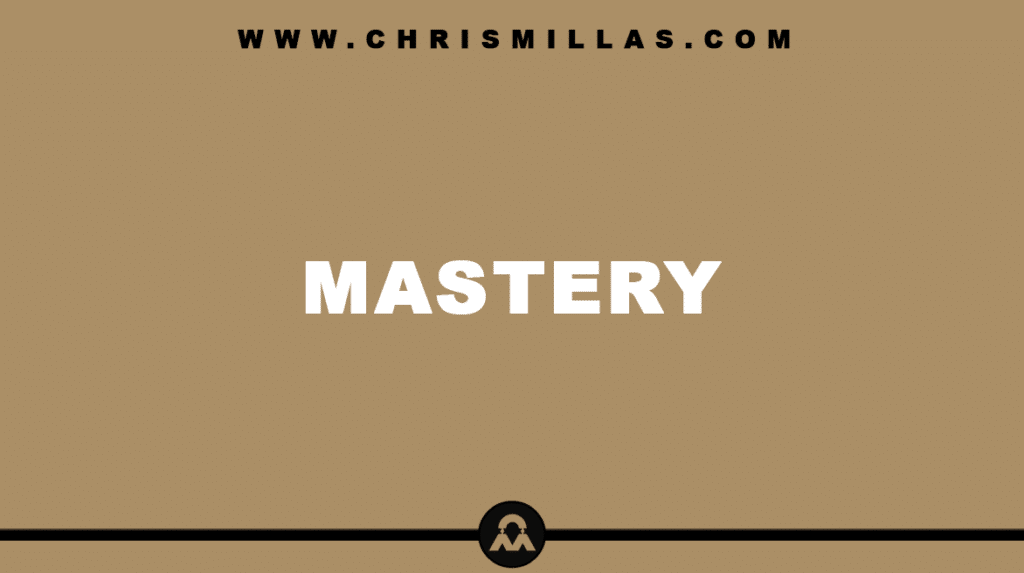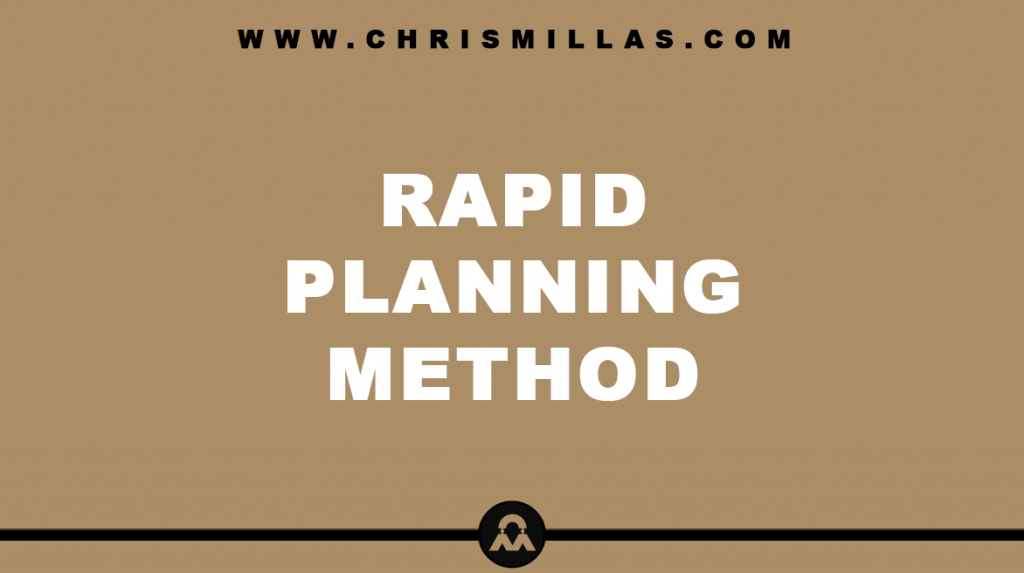In this post, we’ll unpack all you need to know about Confidence, defining exactly what it is, its adaptive role in evolution, how to develop it and more.
What Is Confidence?
Confidence refers to how successful you think you’ll be at a specific skill given your competence and the risk involved. More simply, it is your expectation of future performance of a specific skill based on past performance of that skill.
The Evolutionary Perspective
From an evolutionary perspective, Confidence developed as a mental tool in order to help guide our decisions around risk.
For our ancient ancestors, those who either overestimated or underestimated their level of Confidence took either too many or too few risks and failed in living long enough to reproduce.
In contrast, those who could accurately assess their level of Confidence took on manageable risks and succeeded in living long enough to reproduce.
Anxiety is experiencing failure in advanced. Confidence is experiencing success in advanced.
How To Build Confidence – Why Competence Creates Confidence
Your brain is ultimately designed to keep you alive. So it does two things; it predicts and it protects. It predicts what’s going to happen in your environment (based on past experiences). It then initiates behaviours to protect you.
Consequently, your brain loves certainty because it can better predict the future and better enhance your survival and it hates uncertainty because it can’t better predict the future and better enhance your survival.
Therefore, the key to building Confidence in a specific skill is to develop and then demonstrate performance of that skill. The more you do so, the more you signal to your brain that you are competent and the more certainty your brain will have.
As a result, whenever you are required to perform the skill, your brain will create a biochemical reaction in your body that we call “Confidence.”
“Competence is the prerequisite to Confidence.“
How To Build Confidence – Why Clarity Creates Confidence
Confidence results from your ability to accurately predict outcomes. More specifically, it results from how much certainty you have about whether a certain outcome will occur.
Therefore, the more clarity you have, the more accurately you can perceive reality. The more accurately you can perceive reality, the better you can predict outcomes. The better you can predict outcomes, the more confidence you will have.
“Confusion creates doubt. Clarity creates confidence.”
Why Confidence Is Key To Success
Confidence influences the execution of outcomes. The more confidence you have, the more certainty you will have. When you feel a sense of certainty, you bypass conscious thought and execute unconsciously.
Confidence Can Work Against You
The hormone testosterone is associated with Confidence which is associated with risk taking. Therefore, higher testosterone levels are associated with higher risk taking.
Interestingly, studies show that women tend to be better investors. This tends to be because they don’t overestimate their abilities to anticipate the future accurately.
Summary (TL;DR)
Confidence is our expectation of future performance of a specific skill based on past performance of that skill. It evolved as an adaptational solution to the problem of risk-tasking by helping us make more informed decisions.
The key to building confidence in any skill is to develop and then demonstrate competence of that skill. The more competent you are, the more certainty your brain has that you can perform the skill. The more certainty, the stronger the biochemical reaction your brain will create that we call confidence.







